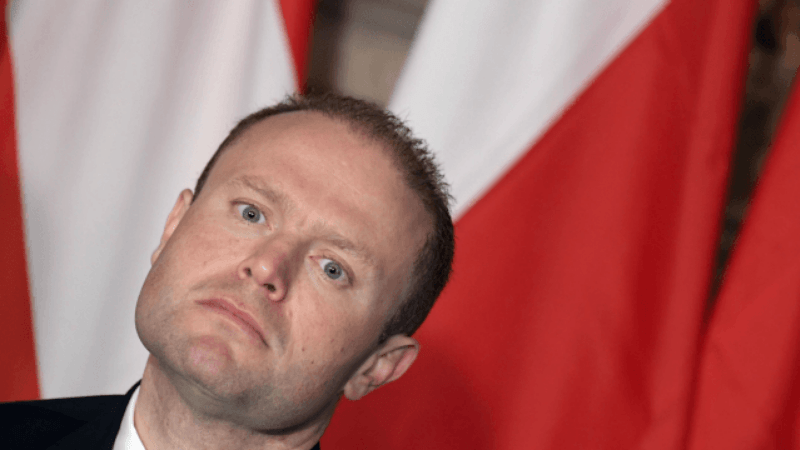No country that calls itself a democracy can live with the major and essential rule of law failures that are outlined in the findings of the Venice Commission report published on Monday, legal experts familiar with the report’s conclusions have told The Shift News.
The report states that Malta does not have separation of powers, or constitutional control by the courts. There is a serious lack of checks and balances, and citizens do not have access to justice in all cases, making the country’s legal system inconsistent with essential requirements of the rule of law, and therefore inconsistent with the very concept of democracy.
The Venice Commission is an advisory body of the Council of Europe, composed of independent experts in the field of constitutional law. The opinion of the highest authority on the subject in Europe was requested from the Legal Affairs and Human Rights Committee of the Council of Europe’s Parliamentary Assembly. The Maltese government then followed.
The weakness of Malta’s checks and balances, necessary in a democracy, were not created in the last five years. The Nationalist Party in government had ignored warnings on this, which gave the Labour Party in government an easy route to exploit the weaknesses in the system that led to the State capture of independent institutions in the country within a very short period of time.
Apart from outlining the failures in Malta’s system, the report also delves into the assassination of Daphne Caruana Galizia. The report stresses that it must be established whether the authorities knew or ought to have known that a real and immediate threat existed, and whether they failed to take the necessary measures.
The government is obliged to note the Commission’s statement that civil society has the right to hold government accountable, and the criticism is legally protected.
The conclusions of the Venice Commission’s report follow that of the world’s leading freedom of expression organisations in Malta last October that concluded the government was not living up to its obligation to guarantee freedom of expression.
The police commissioner is not appointed on merit but chosen by the Prime Minister, the report notes and calls for competition for the appointment. It adds to the list of concerns in the findings by the Venice Commission published on Monday.
These are some of the main findings by the Venice Commission:
Prime Minister
Way too much power; so much that it ridicules any checks and balances on paper leading to the institutions that are meant to hold government to account because they are too weak to perform that role. The report notes there is no adequate separation of powers, with the power of the Prime Minister “widely” overshadowing other government bodies, including the president, parliament, the Cabinet, the judiciary and the Ombudsman. The Commission has identified serious flaws in the Permanent Commission against Corruption, to the point that it should be dissolved.
The appointing powers of the prime minister, regarding independent commissions and permanent secretaries, should be reduced. Appointments to positions of trust should be strictly limited by law. Permanent secretaries are also appointed by the Prime Minister, not individual Ministers, let alone by an independent civil service commission. This is “striking” and problematic, the report notes, and highlights the lack of meritocracy.
Judiciary
Our judiciary is not independent. Malta’s system for judicial appointments does not ensure judicial independence and is not consistent with European standards. Malta’s judicial appointments committee falls short of European standards, and Malta’s system for disciplining judges also falls short of European standards.
Attorney General
The Attorney General (AG) has multiple and conflicting roles. The wide powers given to the AG do not comply with modern notions of rule of law, and it is necessary for the functions need to be split. The report points out that the AG chairing the government agency tasked with combating money laundering – the FIAU – is problematic and inappropriate.
President
The president has insufficient powers to act as a check/balance, and should be given the power to act without the advice of the prime minister and possibly by electing and removing the president by qualified majority only.
Media
The independent media and civil society have difficulty living up to the needs of a democratic society. The problem of the prime minister’s control on power is accentuated by the weakness of civil society and the independent media that are vulnerable to control by political parties. In relation to Caruana Galizia’s assassination, the experts stressed Malta’s “international obligation” to ensure that media and civil society play unencumbered and active roles in “holding authorities accountable”. That action is legally protected, and the Freedom of Information Act must be updated, the report is concludes.
Constitutional Court
The point that former European Court of Human Rights Judge Giovanni Bonello has been raising on Article 6 – when cases are won in the Constitutional Court, the law that led to the injustice is not annulled; instead, it is left to Parliament. The Venice Commission report states that this is not consistent with “essential requirement of the rule of law.”













